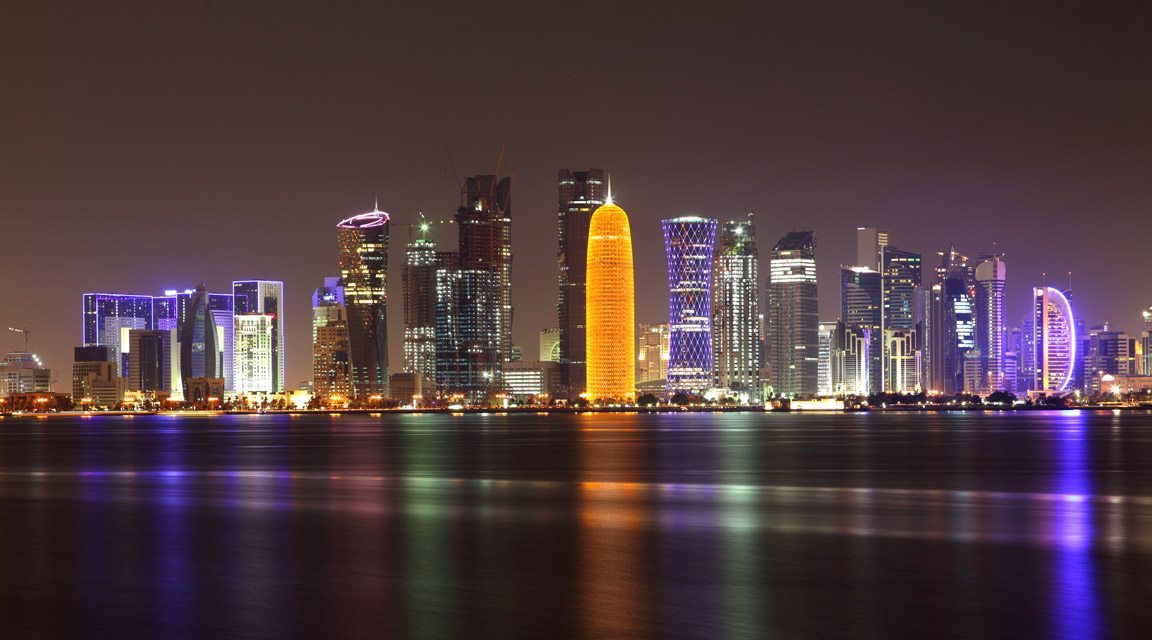

Construction work for the delayed project was scheduled to begin in 2015
Qatars estimated $12bn Sharq Crossing scheme has been transfered to the Transport Ministry from the Public Works Authority (Ashghal).
Ashghal said that development of the has been handed over to the ministry at MEEDs Qatar Projects conference on 16 March. Ahmed al-Ansari, Ashghals lead advisor for contracts and projects management, did not explain why the project had been transferred.
In May 2015, the Transport Ministry was conducting a study on the cost and delivery of the scheme. The study involves value engineering, setting financial architecture and formulating a contract strategy for the execution of the project.
MEED reported in January 2015 that the government had decided the project was not essential for the 2022 Fifa World Cup, and therefore it was not a priorty to finish the tunnel and causeway before that time.
The 12-kilometre-long crossing, which was officially launched in December 2013, is one of the biggest infrastructure schemes planned in Qatar. It involves building three bridges interconnected by subsea tunnels across Doha Bay, which, when completed, will link Dohas new Hamad International airport with the citys cultural district of Katara and the central business area of West Bay.
Sharq Crossing delay good for Qatar

Doha delays delivery of Sharq Crossing
Doha delays delivery of Sharq Crossing
The inevitable has started to happen. Doha has started to prioritise the projects it really needs for the 2022 Fifa World Cup, and has begun delaying non-essential infrastructure schemes.
The first major casualty is the $12bn Sharq Crossing scheme. The iconic project, designed by Spains Santiago Calatrava, was expected to be the postcard picture that tourists would flock to see when visiting Doha in 2022. Instead, if the delayed project moves ahead next year, their photos will be of a 12-kilometre long construction site.
While a completed scheme makes a better photo, delaying the construction of the Sharq Crossing gives Dohas already overheating construction sector some respite. Construction companies will undoubtedly rue the work they will lose out on this year, but at the same time, those firms that are already working in Doha will welcome attempts to cool a market that is already stretching the supply chain to the limit.
The supply chain will continue to be tested this year as other more essential projects continue to be built, such as the main stadiums as well as key transport schemes such as major highways and the Doha Metro, which will be used to ferry visiting football fans around the city.
Work on the metro and the expressway programme really started to ramp up in 2014, and in 2015, as contracts for the major stadiums are awarded, contractors fear they will have to deal with severe price inflation, materials shortages and other supply chain issues as the market attempts to deliver too much too quickly.
Had the Sharq Crossing gone ahead as planned in 2015, it could have proved a bridge too far for those charged with delivering projects in Qatar ahead of the World Cup.
You might also like...

Iran-US talks see earnest engagement
27 February 2026

Kuwait receives bids for $400m Subiya utilities plant works
27 February 2026

A partner’s perspective on working with Sharakat
27 February 2026

Egypt’s Obelisk equity move merits attention
27 February 2026
A MEED Subscription...
Subscribe or upgrade your current MEED.com package to support your strategic planning with the MENA region’s best source of business information. Proceed to our online shop below to find out more about the features in each package.
Take advantage of our introductory offers below for new subscribers and purchase your access today! If you are an existing client, please reach out to your account manager.









